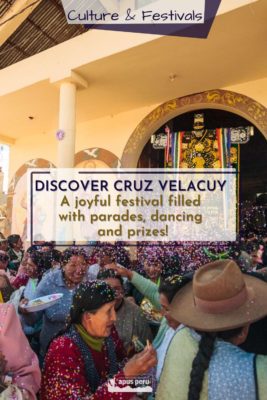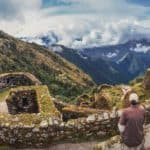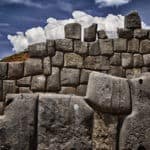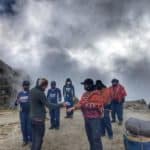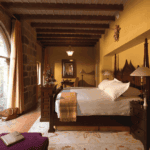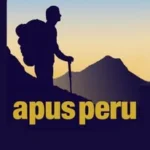Cusco’s Cruz Velacuy festival is a spiritual Andean celebration that centres on a procession of crosses between the shrines and hills of the city. If you’re enjoying a tour in the area during May, we highly recommend taking in this colourful celebration as it gives an intriguing insight into local culture and traditions in Peru. After all, getting to understand customs and society is one of the most exciting aspects of travel, wherever you are in the world!
One of our Cusco-based travellers experienced the Festividad de Cruz Velacuy in person, and here he spills the beans on what it was like to witness.
Related: Best Time to Visit Cusco
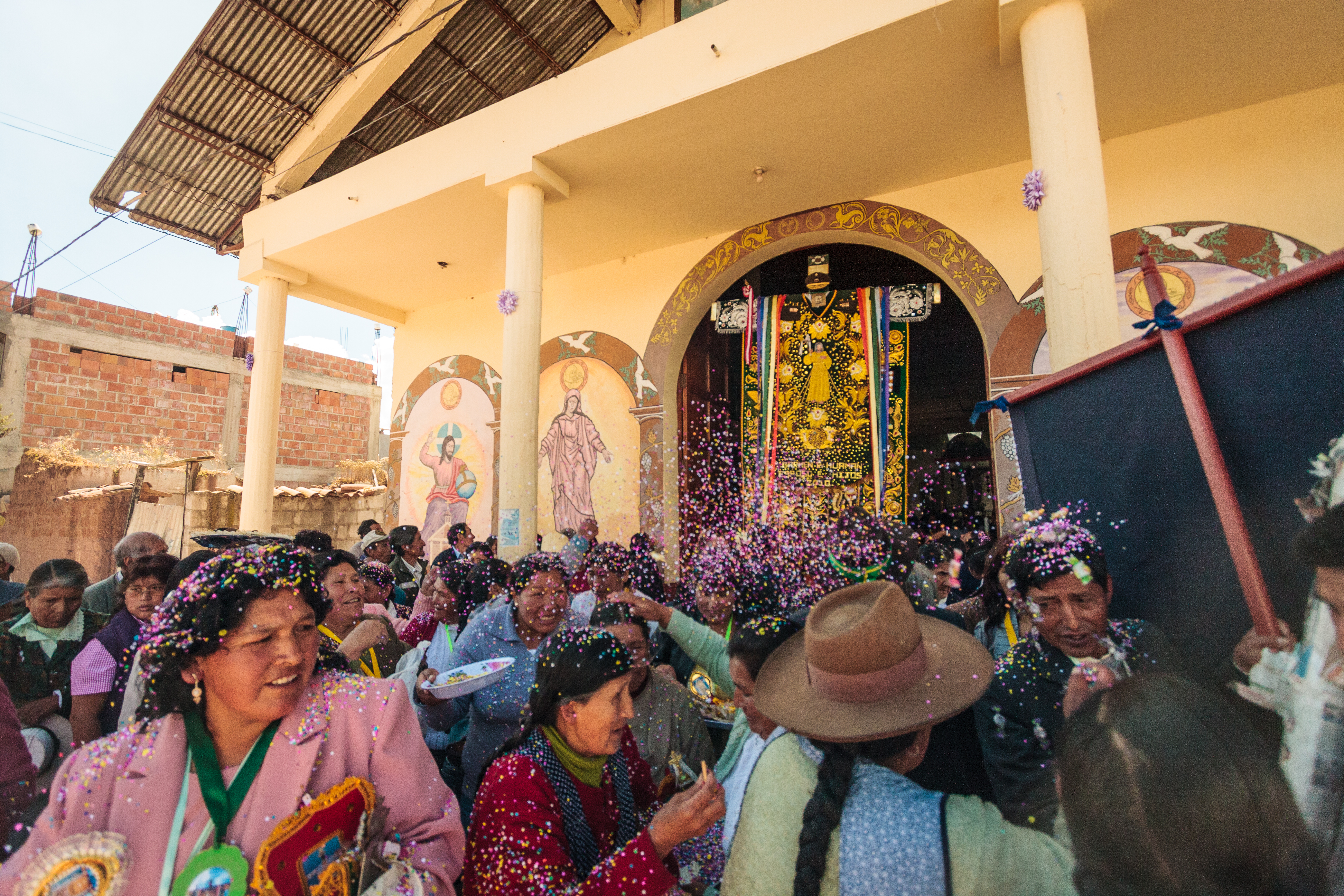
What is the Cruz Velacuy Festival?
Something I learned very quickly after moving to Cusco is that Peru is a land of festivals, and is eternally filled with celebración. It seems like every saint, season, and sacrament has its own special day. I can’t recall a week passing without a parade or fiesta taking over the city. It’s a huge part of the travel scene out here! (Check out more information in our guides on Festivals in Peru and Festivals in Cusco.)
On el tercer día de Mayo (May 3rd), the Fiesta Cruz Velacuy is held in Cusco and the surrounding villages, with similar events being celebrated throughout Peru and South America. The Vigil of the Cross is said to date back to the Roman Emperor Constantine, who won a difficult battle after seeing a cross emblazoned in the sky.
The best places to see the festivities in Cusco include the Cathedral, San Blas, and San Francisco plaza.
There are countless festivals to discover in Peru, including the Qeswachaka, the vibrant Virgen del Carmen celebration. Don’t miss the breathtaking experience of witnessing the triple sunrise over Tres Cruces in Paucartambo. Check out our guides for more inspiration on these incredible events!

What Happens During Cusco’s Festival of the Cross?
Preparations for the festivity began days in advance of my tour. One custom leading up to it involves the host (or carguyoq) giving a special loaf of bread to their neighbours, who then return the favour by offering the host a bottle of beer. Because bread is cheaper than beer, this helps offset the host’s costs.
On the day of the festival, I decided to travel to the community of Izcuchaca, located about 45 minutes outside the ciudad (city) of Cusco. I went along with Jhon, the younger brother of an Apus Peru office staff member. His aunt and uncle were the chosen hosts for this year’s Cruz Velacuy fiesta. When we arrived at their house, it was already buzzing with activity. The inner courtyard had been turned into a massive outdoor kitchen, and the women prepared tripe for soup while a big pot of frying pork crackled on the fire.
Soon, the focus of the festivity shifted from cooking food to heading into town. Followed by a group of majeño dancers and a marching band, Jhon’s family walked to Izcuchaca’s church where they arranged candles and flowers near the altar.
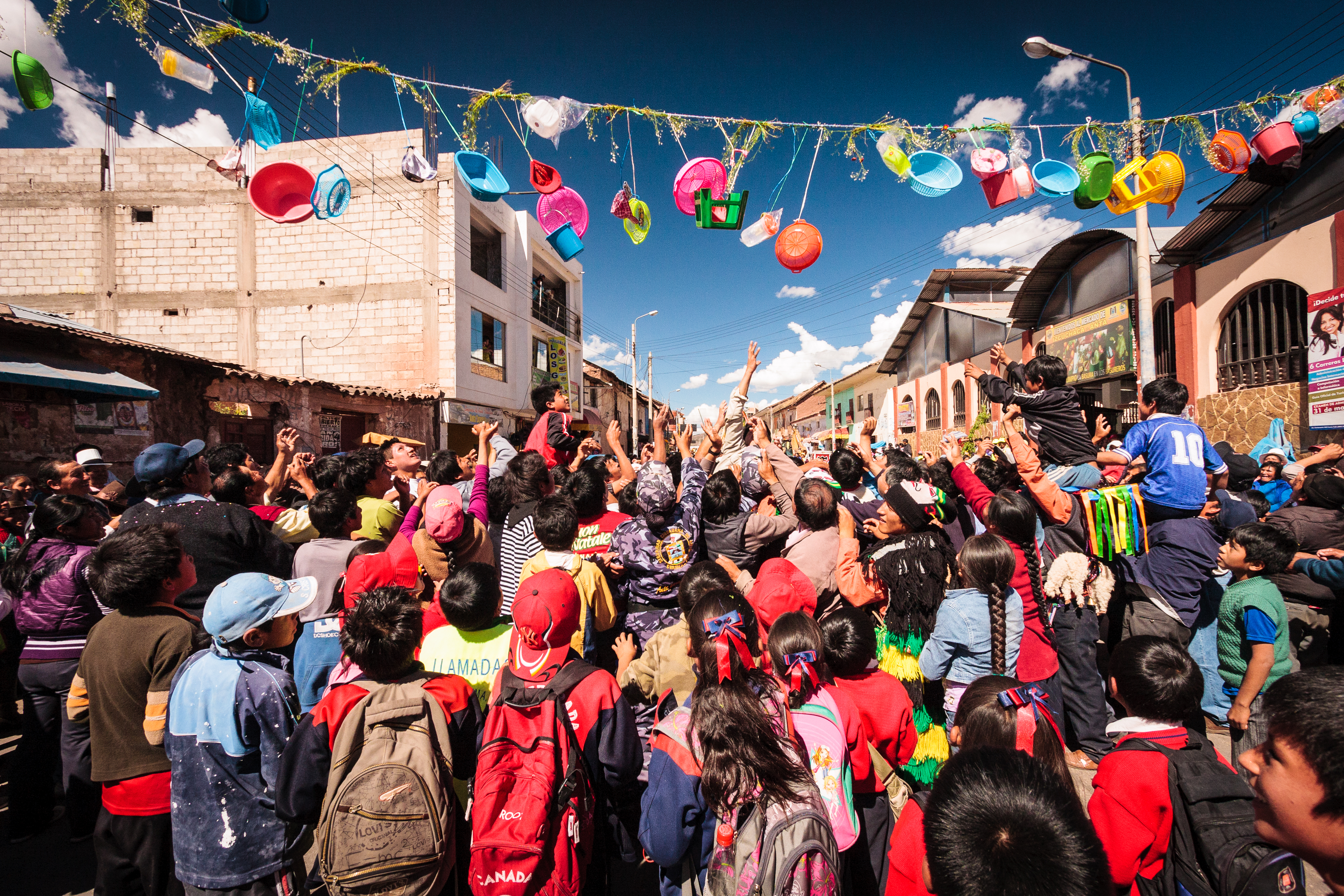
The Role of the Cross at Cruz Velacuy
As Jhon’s family worked to decorate the church, people poured in. Many of them carried crosses from their homes. A few of these crosses were nearly twenty feet high, while others could stand on a small table. Some were carved from wood, others from stone, and all were colourfully decorated and draped in wrappings that resembled clothes. More and more people arrived bearing a cross and soon every seat in the church was taken – even the aisles were filled! After Mass, the crosses were blessed and sprinkled with holy water by a white-robed priest.
A parade around the city followed the Mass, just like in many fiestas across Peru. A painting of a tree resembling Christ led the way. People carrying personal crosses followed and the largest, most elaborately decorated cross, brought up the rear. The procession was accompanied by the music of marching bands and the booming of fireworks. It was quite a spectacle!
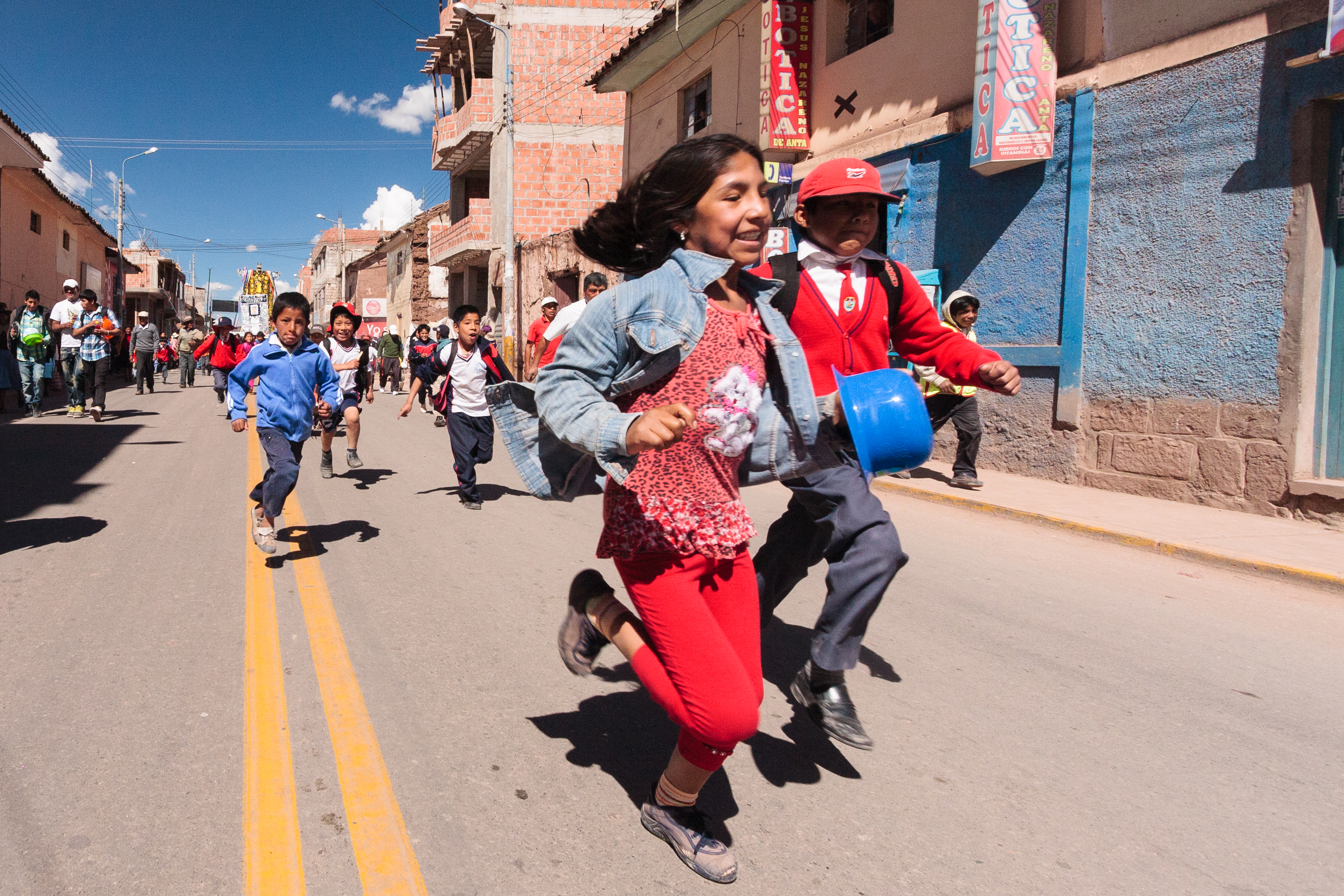
Parades, Prizes, Dancing & More as Celebrations Continue into the Night
The progress slowed several times so the crowd could try to reach prizes suspended from ropes hung high above the road. Someone standing on a ladder or in a second-story window would pull on the ropes to make them bounce until all the gifts had been snatched or the rope pulled down altogether.
The parade of crosses eventually circled back to the church where the priest said a few more words of blessing and thanked this year’s organisers. Dancing followed and groups split off to their respective parties, carrying their newly blessed crosses. Jhon and I went back to his aunt’s house and joined a hundred or so people in the large courtyard. We sat on long wooden planks and were served a huge lunch that consisted of a slab of pork, brown bread, a hearty soup, and chicha (a popular fermented corn drink).
After dinner, the dancing started up again, and case after case of Peruvian beer was unloaded from the house. Everyone was thoroughly enjoying the celebrations. Jhon told me the party would last long into the night, and from the looks of things, he was right. We walked into town and caught the bus back to Cusco. As we left, I watched the sun sink through thick clouds at the end of the valley and caught the last rays as they reflected on snow-capped mountains to the north. It was perfect.
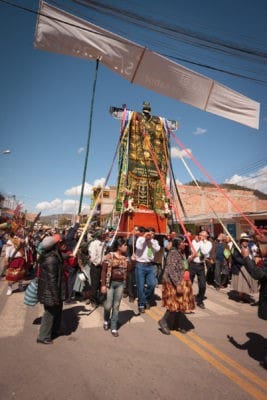
You Too Can Experience Cruz Velacuy!
In Cusco and the Sacred Valley, events like this happen all the time, with Cruz Velacuy and Inti Raymi being firm favourites amongst visitors. So, after you’ve conquered the Inca Trail and visited Machu Picchu, consider adding a fiesta to your travel plans!
For the major ones, check out our cultural events calendar or get in touch with our team. One of the great things about booking a tour with Apus Peru is the level of detail our guides provide about cultural events. After all, they live and breathe these festivals so have plenty of insider secrets up their sleeves!
See you el próximo año (next year) for Cruz Velacuy, the festividad de las cruces in Peru!
Like it? Pin it! 
Keep Reading:
This article was originally written and photographed by Isaiah Brookshire; it was updated in 2022. Isaiah is a writer, photographer, and globally-focused multimedia storyteller. He is from California and was in Cusco for five months in 2012. While here, Isaiah volunteered with our partner organization Threads of Peru, as well as documented festivals and more for Apus Peru.

